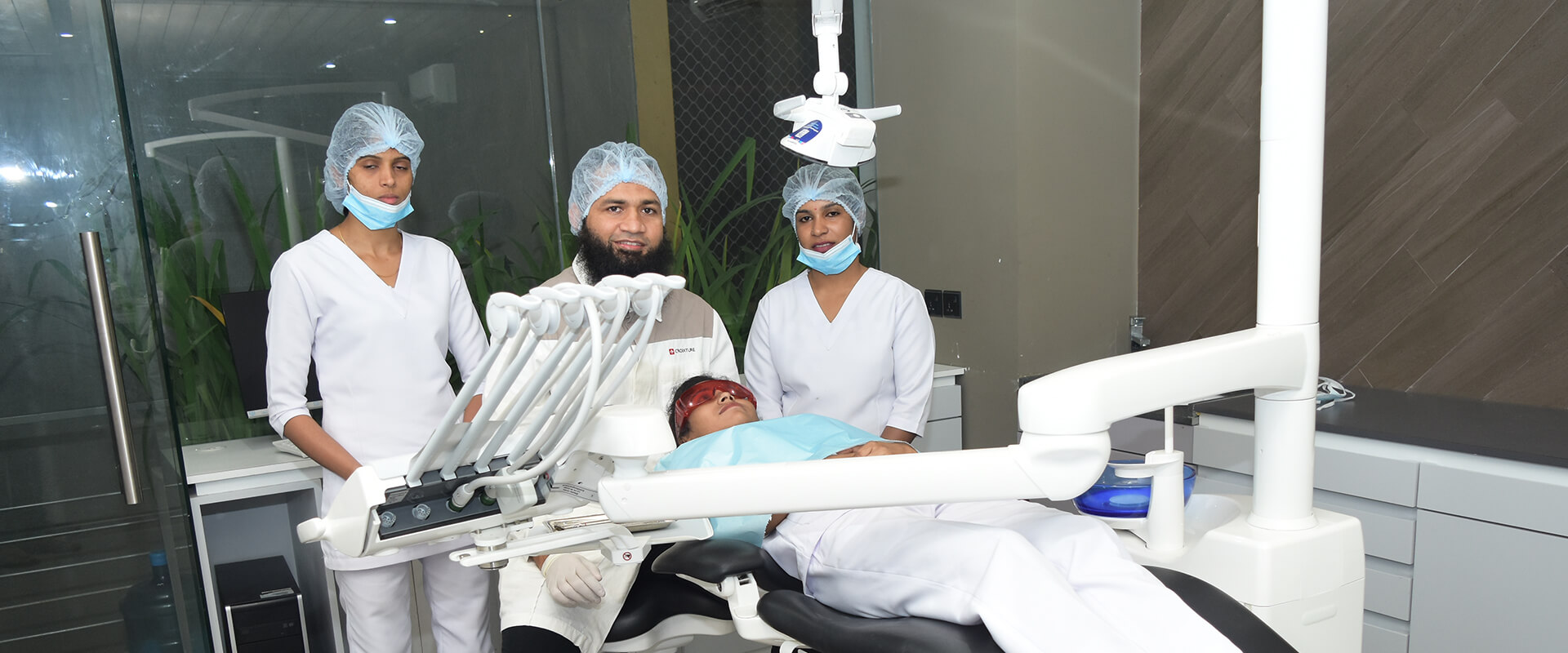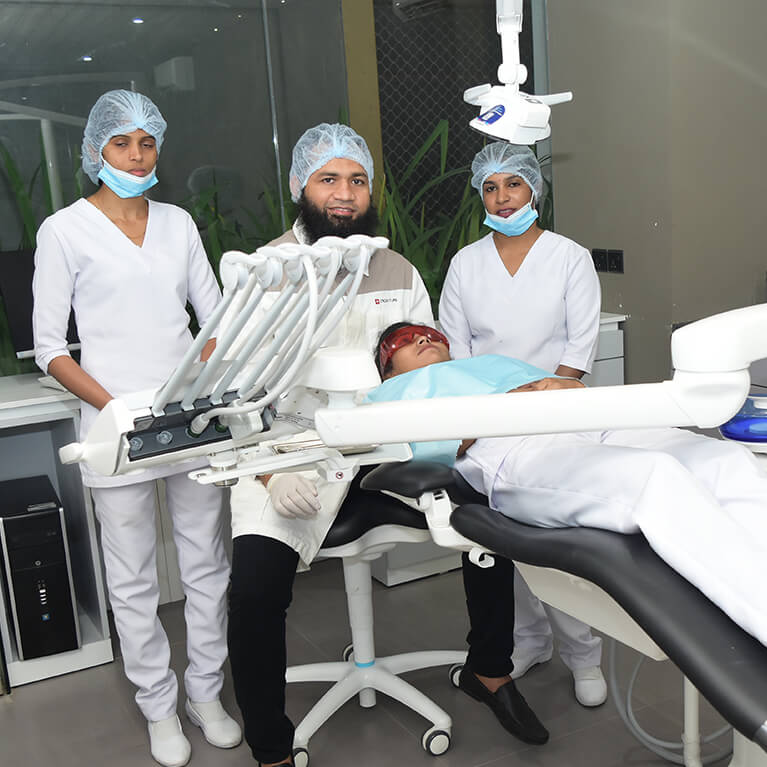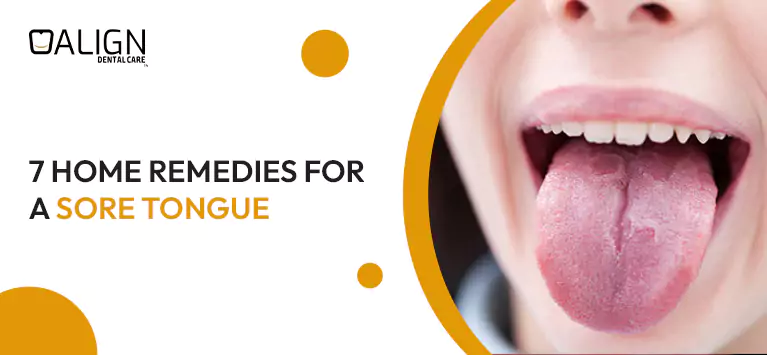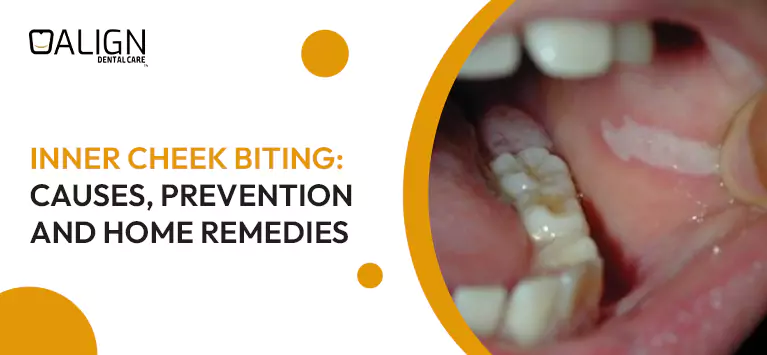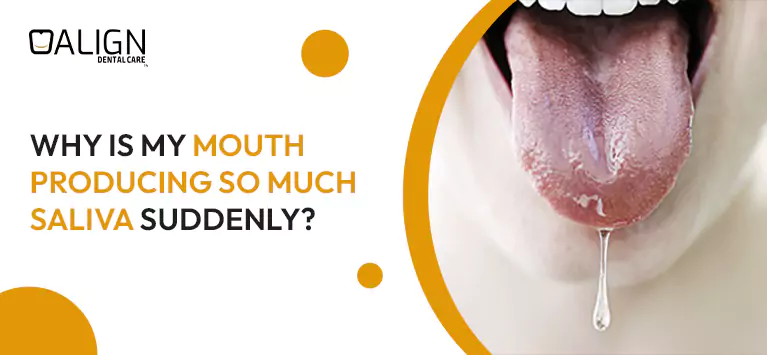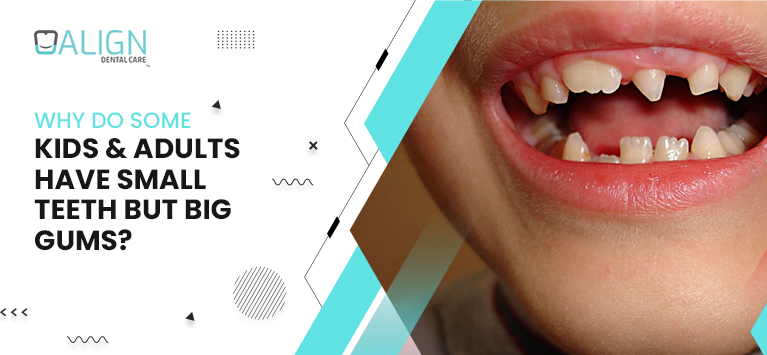
Why do some kids & adults have small teeth but big gums?
As far as many people know, having short teeth is a cosmetic concern. Since a few teeth are smaller than the ideal size, it pushes the sufferer to deliver a disproportionate smile. Besides this, there is an excess of space in the mouth due to those atypically small teeth. If left untreated, it will lead to a variety of dental problems.
Microdontia is the medical term that represents the condition of having smaller teeth and such short teeth are called “Microdontic teeth” or “Microdonts”. Continue reading to learn more about this.
What are the types of Microdontia?
Microdontia is categorized into 3 types as follows:
- Localized Microdontia – It is the most common form of microdontia and it involves having one tooth smaller than the neighboring teeth. Usually, it occurs in the upper teeth especially the maxillary lateral incisor is more susceptible to this condition. Besides occurring throughout the body of a tooth, localized microdontia will happen in tooth portions like the crown, and root alone as well.
- Truly Generalized Microdontia – It is quite rare and is occurring primarily due to genetic elements. This makes all teeth appear smaller than average.
- Relatively Generalized Microdontia – This is a condition in which the teeth appear slightly shorter than normal. It occurs due to the large jaw bone size. If you look at the teeth of people having protruded jaws, they appear small because of the abnormally-shaped jaw size.
What causes Microdontia?
Most people have small teeth due to genetically inherited disorders, but other people develop them as a consequence of environmental factors and poor dental activities. The following are some of the conditions that are potentially causing microdontia:
- Down Syndrome – It is a genetically inherited disorder that makes a person has extra chromosomes due to the abnormal cell division in the stage of sperm cell or egg cell development stage. Most individuals affected with this condition have oral difficulties such as malocclusion, underdevelopment of the maxilla, delayed eruption of permanent teeth, and microdontia.
- Pituitary Dwarfism – This is the main cause of true generalized microdontia. It is usually caused by a lack of growth hormones so that the victims have below-average growth. It can negatively affect the growth of teeth and jaw bone so that anomalies like microdontia occur.
- Mohr Syndrome – It is a rare genetic disorder and is also known as orofacial digital syndrome that has negative consequences on the development of facial features, oral cavity, development of fingers. Its symptoms include atypically sized teeth, cleft foot, poly lobed tongue, etc.
- Rothmund Thomson Syndrome – The genetically inherited disorder is powerful to alter the growth of cells in many tissues. Hence slow growth, anomalies in teeth, and nails are common in rothmund Thomson syndrome victims.
- Williams Syndrome – Similar to Mohr Syndrome, it is also a developmental disorder and has adverse effects on facial development. Besides distinctive facial features, the sufferers of Williams syndrome would have learning disorders, and cardiovascular problems as well.
- Hallermann-Steriff Syndrome – The exact cause of this syndrome is still unknown but most doctors believe that it happens due to new spontaneous dominant genetic mutations. It causes distinctive abnormalities in the development of the skull and facial regions. Hence dental defects like microdontia, and malformations in the eye, and nasal regions occur.
- Ectodermal Dysplasia – Changes or deletion of certain genes is the main reason behind ectodermal dysplasia. It triggers anomalies in the development of skin, teeth, hair, nails, and sweat glands. Besides small-than-average sized teeth, it causes problems like thin hair, cleft lip, decreased skin color, and so on.
- Gorlin-Chaudhry-Moss Syndrome – This is a rare condition triggered by mutations in genes. It also caused malformations in the skull and facial development. However, it is characterized by premature closure of bones in the skull. Besides this, teeth abnormalities like microdontia, macrodontia, and even missing teeth are seen in people with this condition.
Apart from the problems mentioned above, microdontia has been associated with several genetically inherited diseases such as Fanconi anemia, Rieger Syndrome, and Turner Syndrome. On the other hand, small, short teeth are highly seen in kids born with cleft lip and palate. Hence dental doctors believe that factors that intervene in the development of the mouth during pregnancy also have indirect links with such abnormally sized teeth.
For instance, nausea and paraesthesias injected during chemotherapy have powerful mutagenic effects on the developing baby. It also increases the chances of developing microdontia. On the other hand, constant wear and tear of your teeth also make your teeth smaller than the standard size.
If you sense pain in your teeth while noticing such anomalies in teeth size, consult your dentist. Your dentist will provide appropriate treatment options to treat microdontia.
How do dentists treat this problem?
Generally, prosthetic appliances are recommended to mask short teeth. Dental doctors prescribe the right appliance after evaluating whether the teeth are shorter or narrower than normal and identifying how much lengthening is needed to increase the teeth size. The treatments include:
- Dental crowns
- Dental veneers
- Dental bonding
- Gum reshaping
Will dental braces make the teeth look bigger?
Although dental braces will straighten your short teeth, orthodontic procedures will not enhance the size of your teeth. If your short teeth are crooked or crowded, you can correct the problem with orthodontic solutions, which are then followed by the appropriate therapy to enhance the size.
Bottom line
Microdontia is quite rare and about 1.5 to 2% of the global population have short teeth. In general, it does not happen in people who have any sort of syndrome. Even though it appears as an aesthetic concern, it is related to a variety of problems like chewing difficulties, jaw bone problems, etc.
If you notice this condition in your loved ones, contact your dentist right now.





